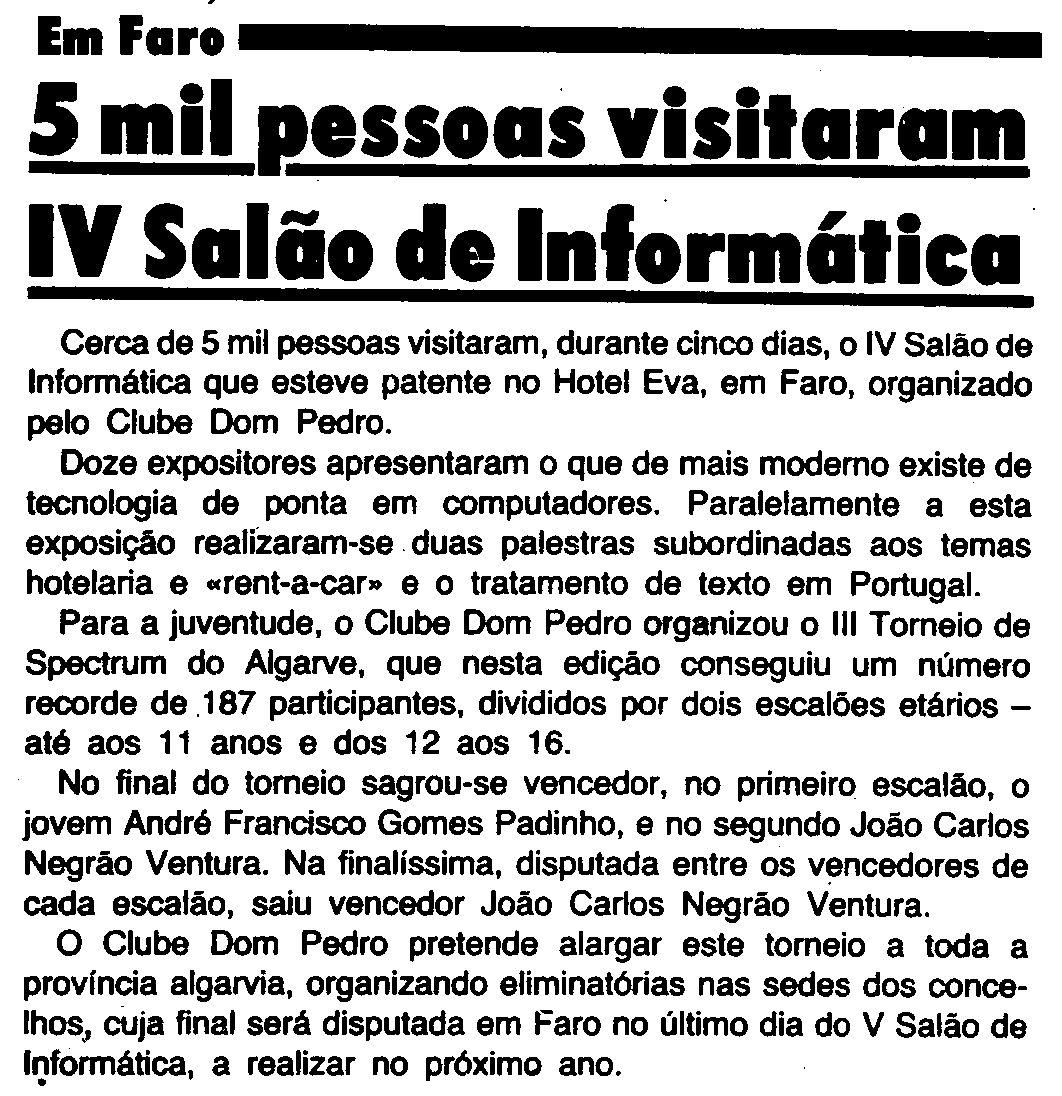Interests
I am a father of two amazing young men (Leonardo and Rafael - named after the Renaissance artists, not the TMNT cartoons!), and husband to Alexandra.
Away from work, I enjoy exploring places unknown to me, especially if they are places full of culture. In the winter, I enjoy skiing in the Alps. When it is warmer, I spend a lot of time scuba diving.
At home, I enjoy sci-fi either as books or TV shows, and playing video games. I am a collector of retro computers, especially the ones I had in my teenage years: the Sinclair ZX Spectrum and the Atari ST. And of course, I am an avid genealogist, enjoying my family history research and on enhancing tombo.pt, a site I built to facilitate access to Portuguese parish records.

